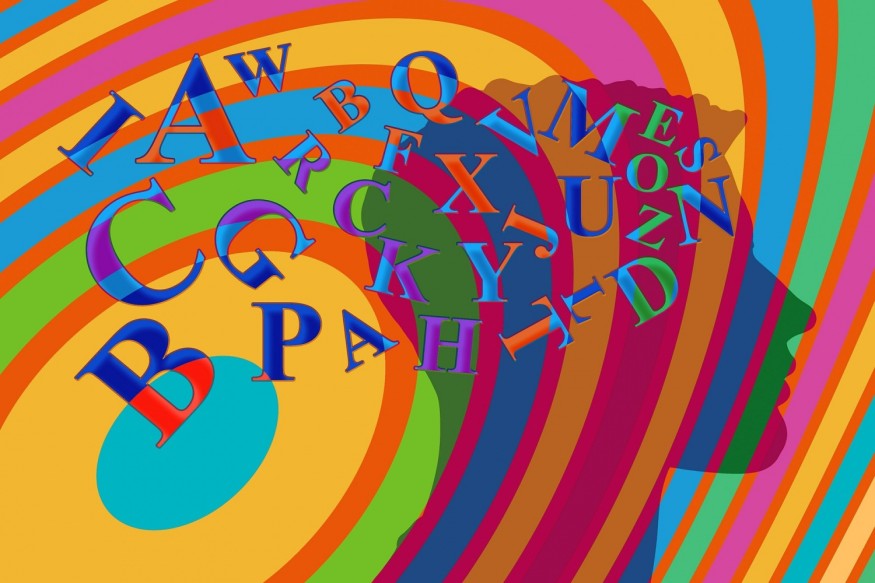
Words have meaning. We all know that. However, beyond the demonstrative qualities of words, they are evocative. Again, this isn't a revelation. Creative types have been pulling at our heartstrings for centuries with their words. However, beyond books, poetry, plays and anything else creative, words make a difference in every walk of life. A great example of words making a difference is marketing. Essentially, there's a science to naming businesses and PR campaigns.
You only have to look at a brand such as Nike and the slogan, Just Do It, to see how the right words can help companies strike a chord with the masses. The process of choosing a poignant name and slogan is rarely based on pure chance. There is actually a science to words and, therefore, marketing. In fact, there are algorithms based on this very fact.
For example, you can go online right now and generate a science company name using AI-powered software. This generator bases its suggestions on variables, including user input and accepted conventions within the digital space. Specifically, you can input keywords based on market research. These keywords aren't plucked from thin air. They're based on vast amounts of search data from companies such as Google,
By taking words that people search for most often, you increase your chances of getting noticed in searches. From these keywords, a name generator will take into account how well they can be turned into a URL and whether the length of words are conducive to being memorable. Essentially, the process of generating a name requires logical steps.
The Scientific Principles of Words

Yes, there's an art to it, but there are a lot of scientific principles you need to hit. The question, therefore, is what are these scientific principles?
Length matters - according to S.R. Schmidt (2008), our "recall of short words often exceeds recall of long words." From this, we can deduce that a name needs to be fairly short if you want people to remember it. Supporting this idea is research from Baddeley et al., 1975, who found that short words are better recalled because they can be articulated faster.
Sound matters - according to a 2021 study by Dr Marcus Perlman, Lecturer in English Language and Linguistics at the University of Birmingham, phonetics plays an important role in our formation of words. Perlman et al. coined the term "bouba/kiki effect" in their 2021 paper because they found people describe the former as a "round" word and the latter as "pointy." From this, we can deduce that round and pointy words have different effects. When we want to evoke a sense of ease and calm, so-called round words are best. When we want a harsh, striking name, pointy words are best.
These are just two of the ways we can use the science of words to come up with the ideal branding. Again, there is an art to coming up with names and slogans. However, the creative process has to be guided by certain scientific principles. A name that's extremely witty but overly long probably isn't going to be memorable based on what we know about the brain. Similarly, a slogan filled with "pointy" words probably isn't going to work if you're advertising pillows. Therefore, if you want to be creative, you need to take a scientific approach and remember that all words have a meaning.
© 2026 ScienceTimes.com All rights reserved. Do not reproduce without permission. The window to the world of Science Times.












